“Blaue Grotte Ausflug” are the first non-English words we will encounter in the first semi-final of ESC 2012. A few weeks ago we looked at the bigger names in the line-up – now it’s time to check out what languages we’re going to hear in late May!
Since the introduction of the “free language rule” in 1999, many ESC fans have bemoaned the shift towards English-language dominance in the contest. However, no fewer than 26 different languages will be showcased in the three Eurovision broadcasts this year, although a good half of them will have to share space in their song with another language (mostly English). And indeed some languages, like the aforementioned snatch of German in the Montenegrin song, only turn up for a couple of words.
Facts and figures
Let’s break down the pure figures, first of all. 22 songs are completely in English, 8 partly. Italian is featured in 3 songs that also have lyrics in other language(s). One song is completely in Spanish, two partly.
A total of 11 songs are fully in a language other than English: we have Spanish, Portuguese, Albanian, Estonian, Swedish, Slovene, Croatian, Bosnian, Serbian, Macedonian, and of course Mühlviertlerisch – but more about that one below.
Comebacks and debuts
Albanian features fully for the first time since 2008, but the most remarkable comeback is the return of the Swedish language to the contest. The last time we had a song in Swedish was “Kärleken Är” (Sweden 1998). This time, Finland sends a song in Finland Swedish, which differs only insofar as it has a slightly different pronunciation. The last Finland Swedish song was “Fri?” (Finland 1990), which failed to light up the scoreboard – maybe Pernilla will enjoy greater success?
ESC has never previously heard languages like Mühlviertlerisch, the Austrian dialect of German employed by the Trackshittaz, or Udmurt, which belongs to the Uralic languages (we all knew that, right?). But now we will become familiar with the latter – alongside English – in the Russian song, “Party For Everybody“.
Other languages that are partly featured in this year’s entries include German, French, Hebrew, Montenegrin (for the first time since 2008) and Georgian (for the first time ever).
However, Bulgaria really takes the biscuit: Of the twenty-six languages featured in this year’s Eurovision, six are solely down to Bulgaria’s contribution. “Love Unlimited” contains phrases and words in no less than eleven (11) languages: Bulgarian, Turkish (unlike the Turkish entry itself), Greek (unlike either Greece or Cyprus), Spanish, Serbo-Croat, French, Romani, Arabic, English, Azerbaijani (unlike the host country) and Italian. Not that we really noticed them all when listening to the song…
More German than Germany
The last time Germany sent a full song in proper German (which rules out “Wadde Hadde Dudde Da” from 2000), was – just as the last Swedish one – in 1998 (“Guildo Hat Euch Lieb“). German entries were sung partially in the native language in 1999, 2000, 2001, 2004 and 2007. However, the funny thing is that German has been featured more often in other countries’ songs in recent years: Poland 2003, Poland 2006, Ukraine 2007, Estonia 2008, and now Montenegro 2012 have all featured German to some extent.
And that finally brings us to the headline of our article. In “Euro Neuro“, Montenegrin is represented by just a single word – that being “obotnica” (octopus). It follows the German words “Heute habe” (gramatically wrong, admittedly, but still meaning “today I have”).
Does it have anything to do with Paul the Octopus?
(And if so, does this mean a victory for Montenegro is predicted?)

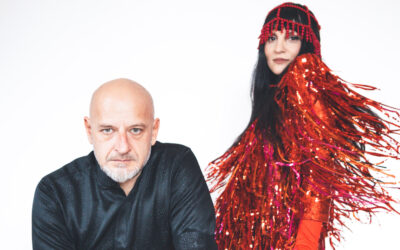

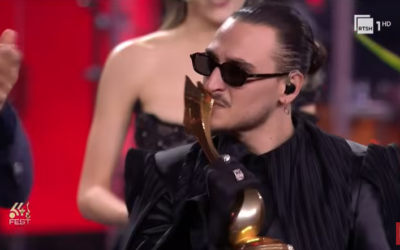
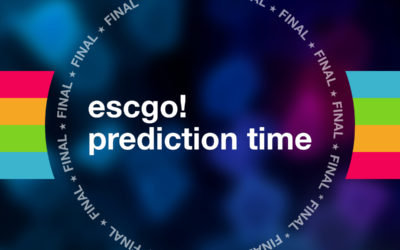
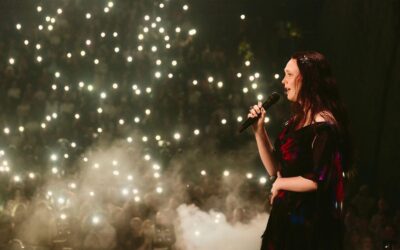
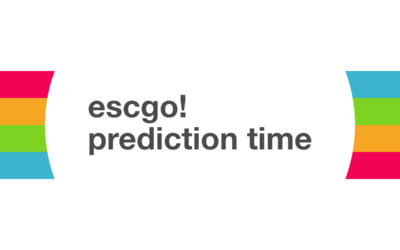
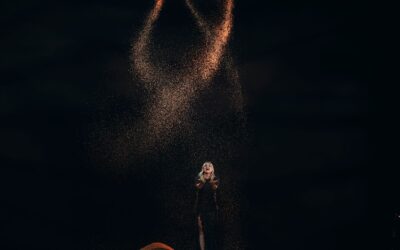
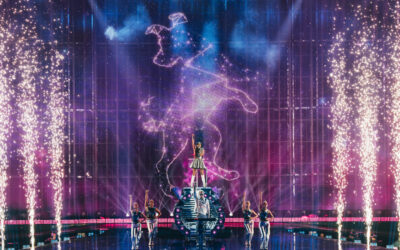
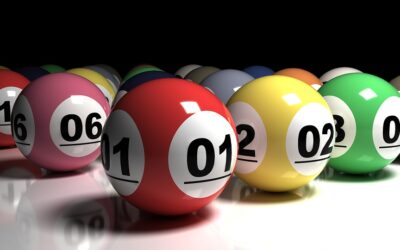


0 Comments